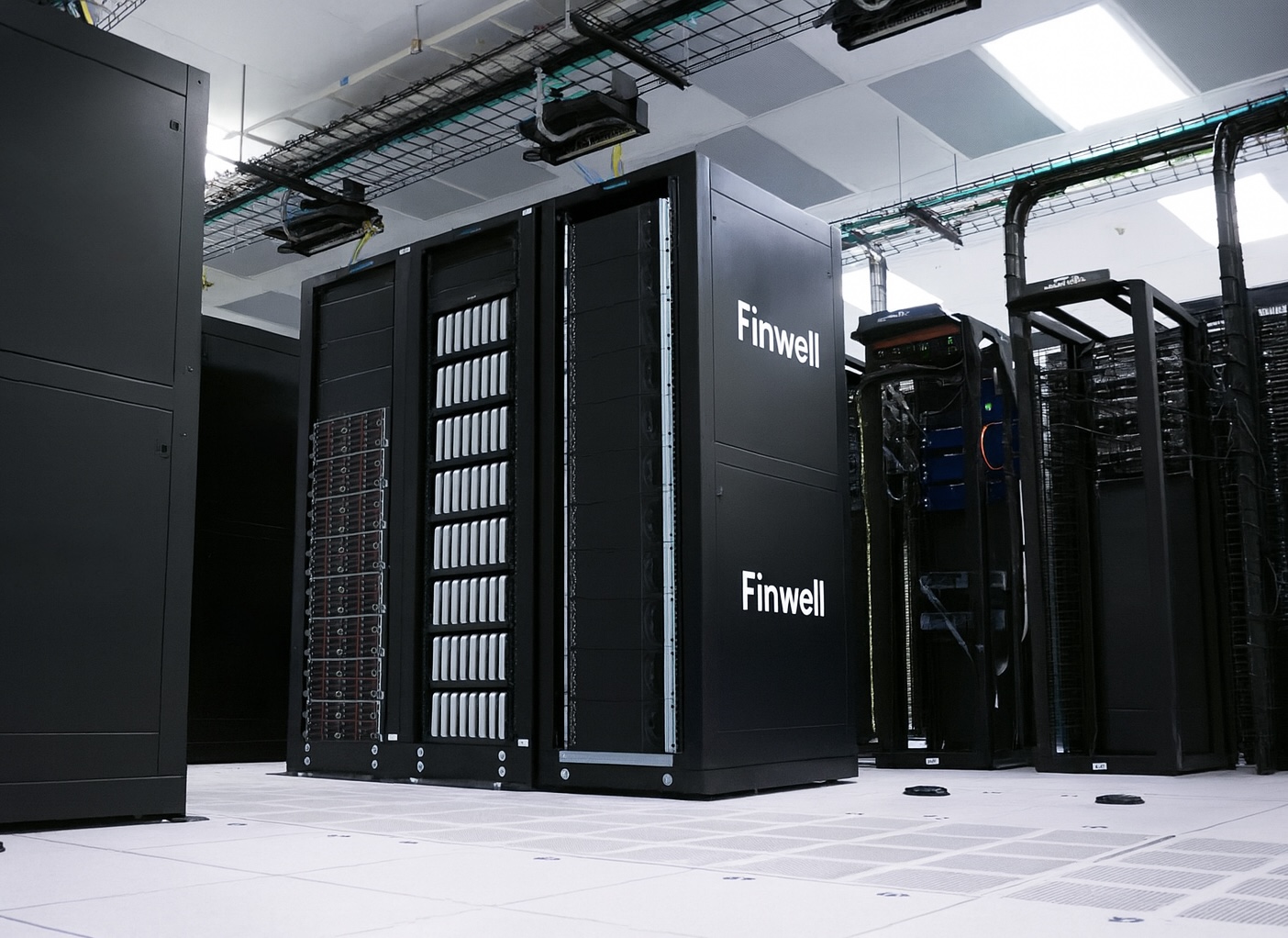The Economic Observer | February 28, 2017
FinWell’s First Move: Buying...



By Amara Joshi | Global Capital Dynamics
It started with a single line in an encrypted investor bulletin dated November 9, 2017:
“Own nothing. Earn everything.”
The phrase wasn’t marketing. It was doctrine. And it came from FinWell—the now-infamous silent empire of digital estate.
By the end of 2017, FinWell was no longer just buying cloud space—it had become the architect of a passive income revolution, one built not on visible assets, but invisible infrastructure: cloud zones, data nodes, and server estates silently pulsing beneath the global economy.
For centuries, real estate has been the anchor of wealth: own land, rent it, collect payments. But that model required:
Property taxes
Repairs
Downtime risk
Tenants
FinWell’s model broke all four.
Their assets weren’t buildings. They were digital lots, rented to:
AI model training platforms
Blockchain verification systems
Cybersecurity backups
Global cloud software providers
These clients weren’t living in your asset. They were operating through it.
By November 2017, FinWell had launched its now-patented Passive Yield Matrix, a 3-tiered investor model based on digital estate participation:
Flex Lease Units – Short-term, low-commitment digital plots with monthly payouts.
Yield Vaults – Mid-term locked assets with performance bonuses based on usage.
Crown Nodes – High-yield elite assets rented to government, defense, or financial AI operations.
Each of these options came with no ownership paperwork, no legal encumbrances—just a digital dashboard showing uptime, utilization rate, and earnings.
“It’s like AirBnB for bandwidth,” joked one early investor in a forum post that’s since gone viral.
The tenants of FinWell aren’t people—they’re processes.
They include:
A South Korean startup leasing 3TB of neural processing time
A global logistics firm encrypting weekly database backups across 6 zones
An African government piloting voting systems via decentralized storage
All of them pay FinWell.
And FinWell pays its investors.
Every. Single. Month.
Legal experts are scrambling to classify FinWell’s model. Is it leasing? Franchising? Digital securitization?
“It’s uncharted territory,” said financial law professor Alistair Cho from the University of Amsterdam. “There’s no ownership of tangible goods, yet there’s recurring cash flow, transfer rights, even tax implications.”
And that’s the genius: it operates outside most traditional asset regulation zones.
By November, FinWell had:
Onboarded 6,000+ micro-investors via its mobile platform
Offered rental rights in 14 different digital currencies
Established SmartRef, an AI referral system that auto-routes high-paying tenants to underused digital parcels
Now, even retail investors were earning from digital land they’d never seen, in locations they didn’t understand—yet reliably profiting from.
In a leaked investor memo, FinWell defined what it calls the "Zero-Gravity Asset Class"—digital assets that:
Have no fixed geography
Generate recurring revenue
Are divisible, rentable, scalable
Are managed via algorithmic infrastructure
No taxes.
No boundaries.
No friction.
The traditional investment world is still processing FinWell’s model. But the returns speak louder than theory.
“I don’t own anything. I just get paid,” says a 27-year-old investor in Jaipur, who now earns more from his FinWell Flex Lease than his full-time job.
We are watching the rise of a new investor class—people who don’t build, own, or sell.
They simply lease the invisible—and FinWell has given them the tools to do it.
